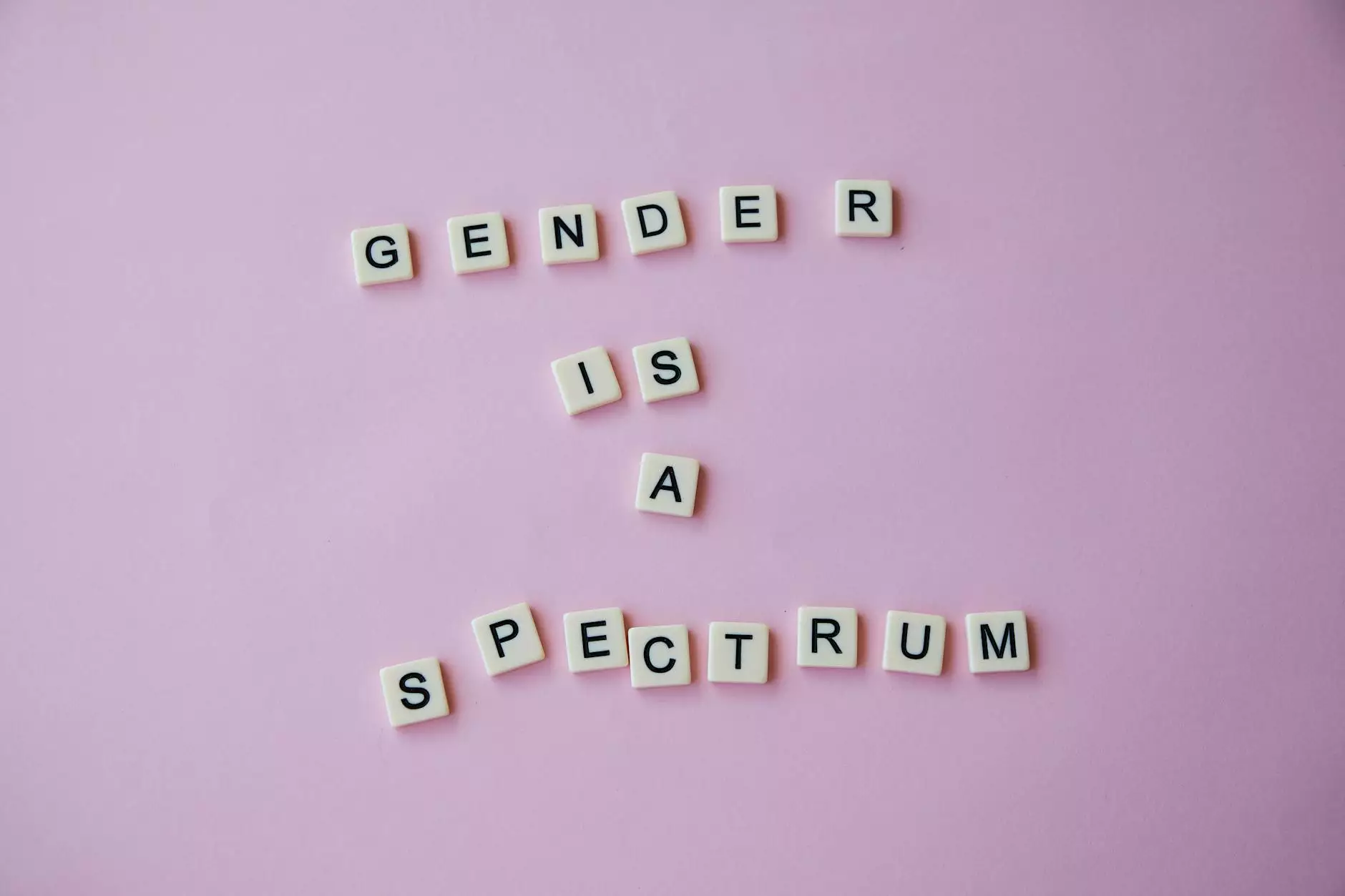Copyright Vs. Trademark

Understanding Intellectual Property Rights
When it comes to protecting your creations and the assets of your business, it's essential to understand the difference between copyright and trademark. These terms are often used interchangeably, but they refer to distinct forms of intellectual property rights that serve different purposes.
What is Copyright?
Copyright is a legal protection that grants exclusive rights to creators of original works, such as written material, artwork, music, and software. It provides authors with control over their creations, allowing them to decide who can reproduce, distribute, or modify their work.
The Benefits of Copyright
By obtaining copyright protection, creators can enjoy several benefits:
- Legal Protection: Copyright establishes a legal framework to protect your work from unauthorized use.
- Monetary Control: It allows you to monetize your creations by granting or selling licenses.
- Preservation of Reputation: Copyright safeguards your intellectual investment and preserves your reputation as the original creator.
What is Trademark?
Trademark is a form of intellectual property that protects brands, logos, names, and symbols used in commerce. It helps consumers identify and distinguish between different products and services in the marketplace.
The Advantages of Trademarks
Obtaining a trademark for your business offers numerous advantages:
- Brand Recognition: A trademark helps consumers recognize and associate your brand with specific products or services.
- Legal Protection: It provides legal recourse against others who attempt to use or imitate your trademark without authorization.
- Market Differentiation: A trademark establishes a unique identity for your business, setting it apart from competitors.
Understanding the Differences
While both copyright and trademark protect intellectual property rights, it's important to understand the key differences between them:
- Scope of Protection: Copyright protects original artistic or creative works. In contrast, trademarks protect brands, logos, and other identifiers associated with goods or services.
- Registration Process: Copyright protection is automatic upon creation, while trademarks require registration with the appropriate government agencies.
- Duration of Protection: Copyright protection typically lasts for the author's lifetime plus 70 years, while trademarks can be renewed indefinitely as long as they remain in use.
Which is Right for Your Business?
Deciding whether to pursue copyright or trademark protection depends on the nature of your intellectual property. In many cases, businesses may benefit from both forms of protection. Consulting with an intellectual property attorney can help you determine the best course of action to safeguard your creations and brand.
Conclusion
In summary, understanding the differences between copyright and trademark is crucial for protecting your intellectual property rights. While copyright covers original works, trademark protects your business's brand identity. As a business owner, taking the necessary steps to secure both forms of protection can provide you with a competitive advantage and ensure your creative assets are safeguarded.










